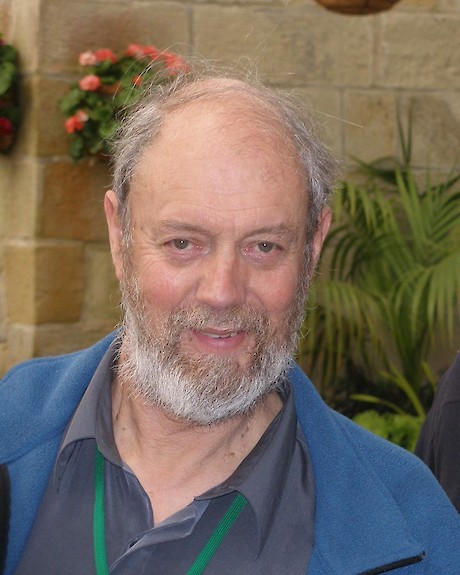The NZPCN administers a fund which honours the contribution of the late David Given to New Zealand plant conservation. The scholarship funds research into the biosystematics, autecology and conservation management of New Zealand’s threatened plants, fungi and their communities.
One scholarship is awarded every two years and will provide up to $8000 towards the cost of a research project. The scholarship is granted for research that assists practical and/or technical understanding of the taxonomy and ecology of New Zealand’s threatened plant taxa or supports the protection and recovery of threatened plant taxa and their communities.
Applicants must be New Zealand residents or citizens, but the work could involve overseas researchers who collaborate with the principal researcher. Threatened species and communities can be either nationally or regionally threatened. Plant species include vascular and non-vascular plants. Fungi are also covered by this scholarship.
Applicants must complete and sign the application form and submit written or electronic applications to: NZPCN, PO Box 147 Mangonui 0442 or [Enable JavaScript to view protected content]. For email applications please include the subject “David Given Scholarship”. Applicants must nominate two referees who can attest to their experience and their ability to complete the project within a two-year period. Applicants are also responsible for ensuring their referees complete the referee forms before the funding round closes. Applications for the current funding round closed on Monday 31st July 2023. The application form, including information about the rules and the referee form, can be downloaded here.
Applicants are encouraged to contact the DGTPS committee chair, Alex Fergus, if they have any queries about the relevance of their project or about the application process ([Enable JavaScript to view protected content]).
You can read about previous recipients of the David Given Threatened Plant Research Scholarship here.

